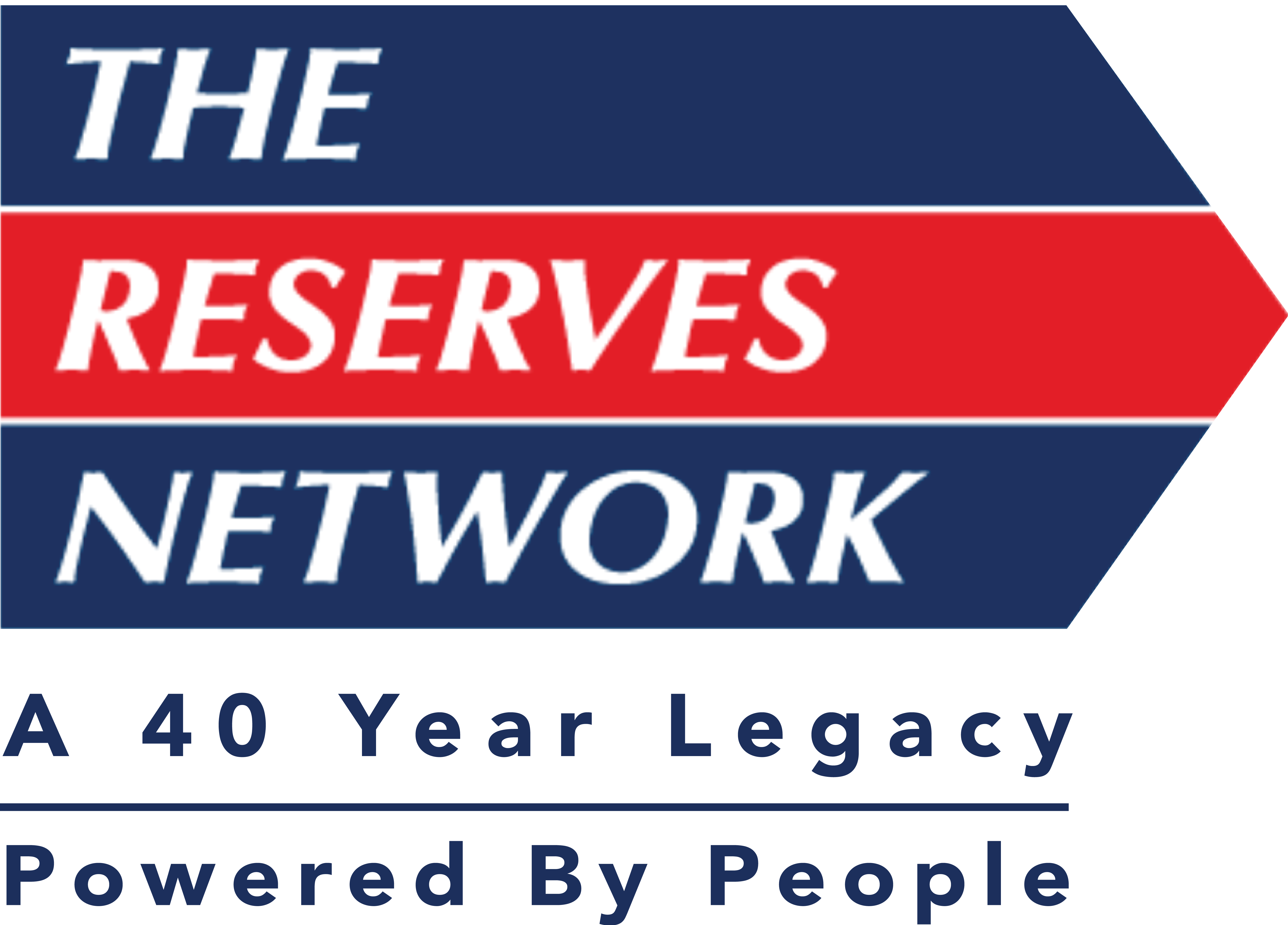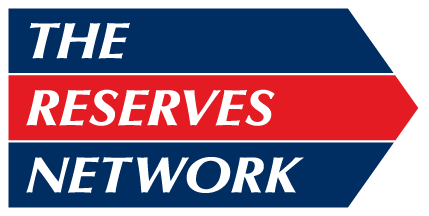The Right Way to Resign Without Burning Bridges
While it may seem that resigning from your job can only be a negative experience for both you and your employer, it is possible to part on good terms if you follow proper resignation etiquette.
If you don’t want your resignation to affect your future employment opportunities, it is imperative you quit your job the right way and not burn bridges.
Prepare Your Resignation
If your company requires employees to give two weeks’ notice before resigning, consider this grace period as a courtesy to the organization. If they’re fine with you leaving the day after you tender your resignation letter, be sure you’ve cleaned your desk and computer to make the transition smoother.
Put Your Resignation into Writing
Even if your company’s fine with verbal and electronic communications for receiving resignations, you still owe it to yourself and your employer to write a formal letter for your employment file.
You don’t have to explain your reasons for resigning. However, you can leave a good impression with the company by expressing your appreciation for the training you’ve received and lessons you’ve learned throughout your time there.
Tell Your Boss First
As tempting as it is to let your colleagues know of your plans to resign first, the last thing you want is for your boss to learn about your intentions through the grapevine.
Be professional and notify your boss of your plans first. Again, you don’t have to offer a lengthy explanation of why you’re resigning, not unless it reflects positively on you (e.g., going back to school, wanting to spend more time with your family or working on your own project/startup).
Let your boss know you appreciate their help and support, mentioning all the good things you’ve learned and experienced while in the company. Future employers will likely talk to your boss for a referral – if you want a glowing reviewl, don’t burn any bridges with them.
Offer Help with the Transition
A two-week notice is standard – this gives you enough time to help with the transition of training someone to take your place.
You can offer to write manuals of your work practices and processes to help your replacement get up to speed right away. If you’re handling clients, let them know of your plans (after tendering your resignation) and make sure you don’t have any hanging obligations before you leave the company.
Be sure to check back on this blog for more career insights and guides. If you’re in the middle of a job search and need assistance, The Reserves Network is more than happy to help. Call our offices to learn more about our staffing services.




